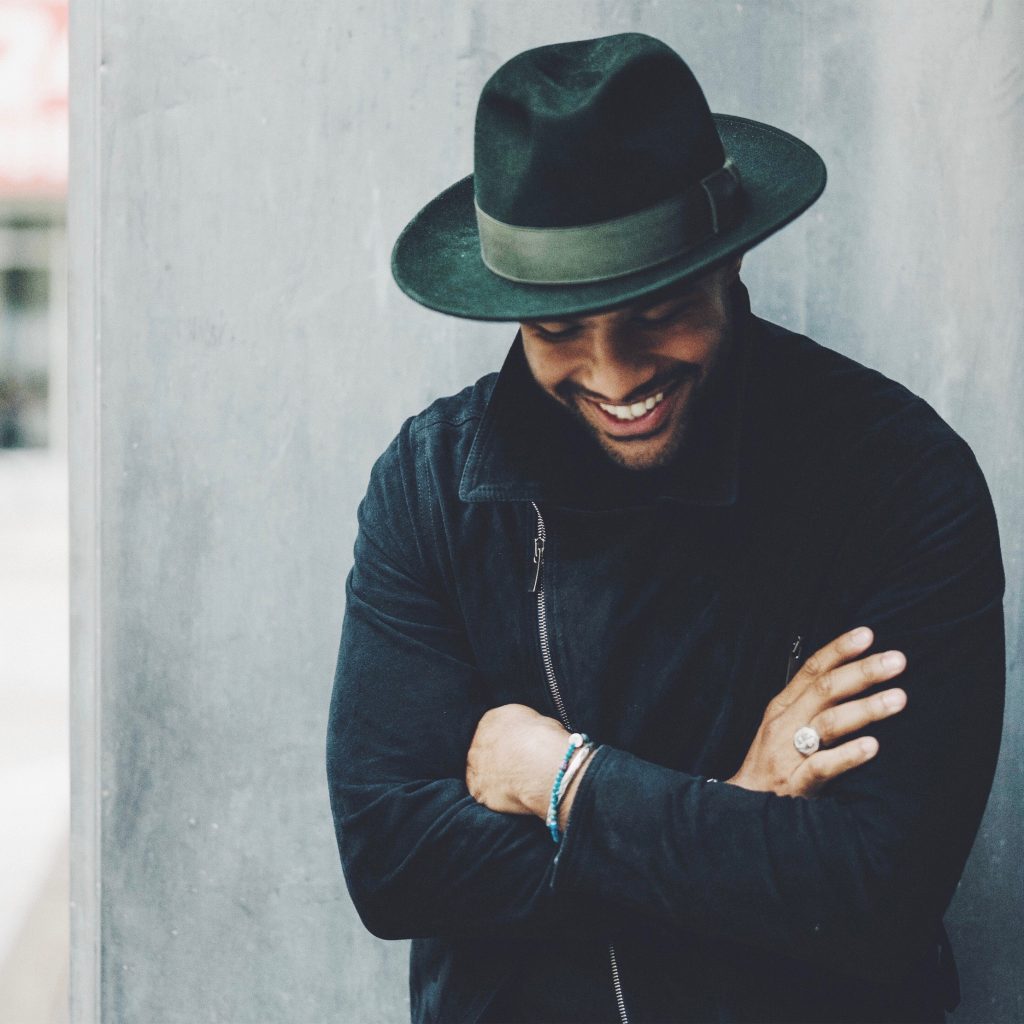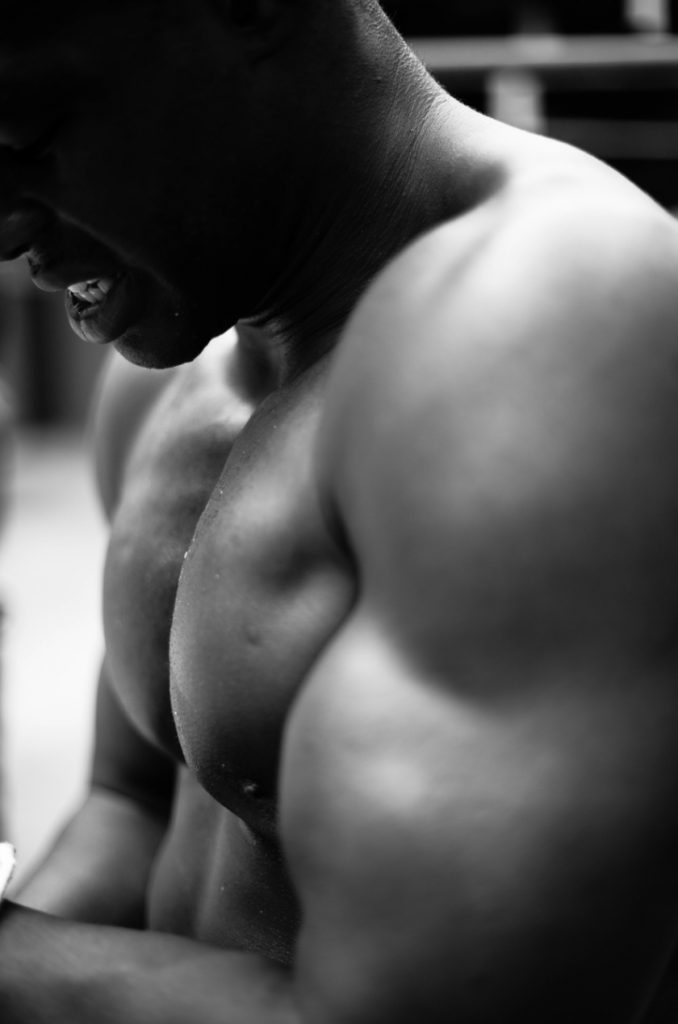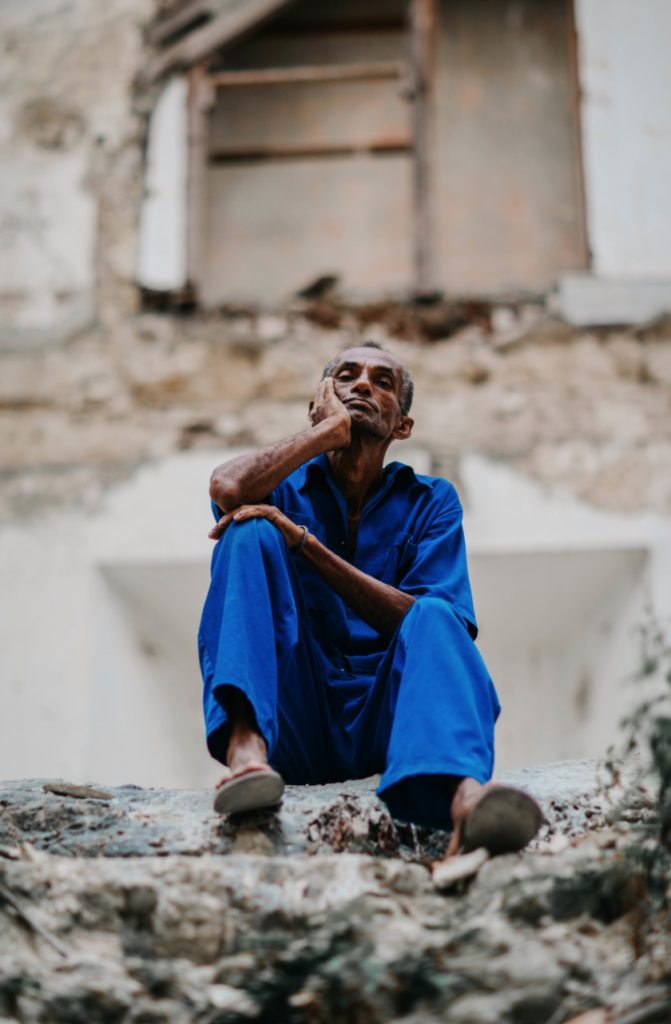← Back
Neil Watson, Photographer
Interview, 8 March 2019
A penchant for men’s fashion – combined with a genuine interest in people – prompted Canadian Neil Watson to walk away from a future career in law to pursue his true passion for photography.

As he was gearing up to complete his pre-law studies at university, Neil Watson found himself immersed in work in a completely different field. One that spoke to his heart much more than entering law school and possibly spending his future within the confines of a courtroom.
The Montreal native was working as a writer, creative director and an amateur photographer covering menswear and style all through his university years. On top of this, he was also working full time, first at Ralph Lauren as part of their visual and brand team in their shop in shop, and later as an assistant buyer at TJX Global. Endowing him with an eye for detail in menswear that would prove to come of great use.
A trip to Europe became a turning point for Watson, who decided to dive head first into the fashion business. Pretty soon, he was a talked about street style photographer who now had revered fashion houses commissioning him for work. The budding lawyer was now on a different path. One he felt was the right one.
Today, the photographer, writer and menswear aficionado spend his time traveling the world with his camera, living his dream as a well-respected professional photographer who has made it his mantra to never cut corners. Born and raised in Quebec, Canada, Watson is currently based in Toronto after several years spent in both Florida and his hometown of Montreal.
We spoke to him about professionalism, defying the expectations of others, managing time and the importance of establishing trust when taking someone’s portrait.
Hey Neil, explain to us how a law student ends up becoming a sought-after photographer in the fashion business?
– Well, I was doing what my parents had told me, which was to seek out the best and most lucrative way to get out of university and create a career for myself. I was a freelancer alongside my studies and wrote articles on style and subsequently ended up as the senior editor for Art & Hustle magazine, which at the time was run by my current business partner, Corey Knight.
– At this point, I was in my fourth year of pre-law studies and was contemplating whether I wanted to go into law school or not. I attended New York fashion week to do a post for the magazine and brought my camera to shoot some
So, what was your next move in light of this epiphany?
– During the start of my fifth year of university I took a job at Ralph Lauren in Toronto. At the time, I was writing, shooting, going to school and working pretty much full time at Ralph Lauren. I had to make a decision on my future, so I opted out of going to law school and pursued a career in fashion. I got a position as an assistant buyer at TJX Global, which is like the Canadian equivalent of Marshalls in the US. I helped open up their luxury buying department. Now I was working full time as editor-in-chief for A&H Magazine and as an assistant buyer for TJX, so my desk had dual monitors where one was my buying and the other was A&H Magazine. When I went to Pitti for the third time, I was going with buying in mind on my vacation, but also to shoot. Don’t ask me how I pulled it off, I was almost fired. About a month after Pitti, I get a call from the high-end Italian men’s clothing brand, Luciano Barbera. Their head of PR and marketing said they wanted me to
I imagine great photographers have to have great people skills; how important is personal chemistry when taking someone’s portrait for example?
– To me, it’s more important than your
“The short game is: take pretty photos, put them up and become popular. But if Instagram were to fail tomorrow, would I still have a job? A hundred percent. Would everyone else? Probably not…”

Being an entrepreneur alongside being a creative demands great effort. What is your advice to aspiring creatives who feel their creativity can become decimated by the demands of handling the business side of things?
– It’s a matter of understanding your limits, just as with the craft itself. To admit how much there is to learn, as well as having the foresight to bring
In times when the iPhone has granted immunity to anyone and everyone who wants to call themselves a photographer, how do skilled and experienced photographers keep one step ahead?
– When it comes to something that looks pretty and appealing to the eye, anyone can accomplish that with some degree of knowledge and taste. I have come to learn that what really separates my skill set is
What four traits would you say are crucial in making it as a professional photographer?
– The first is definitely humility. The second would be patience.
“If you can’t establish trust – then you’re not worth much as a photographer.

